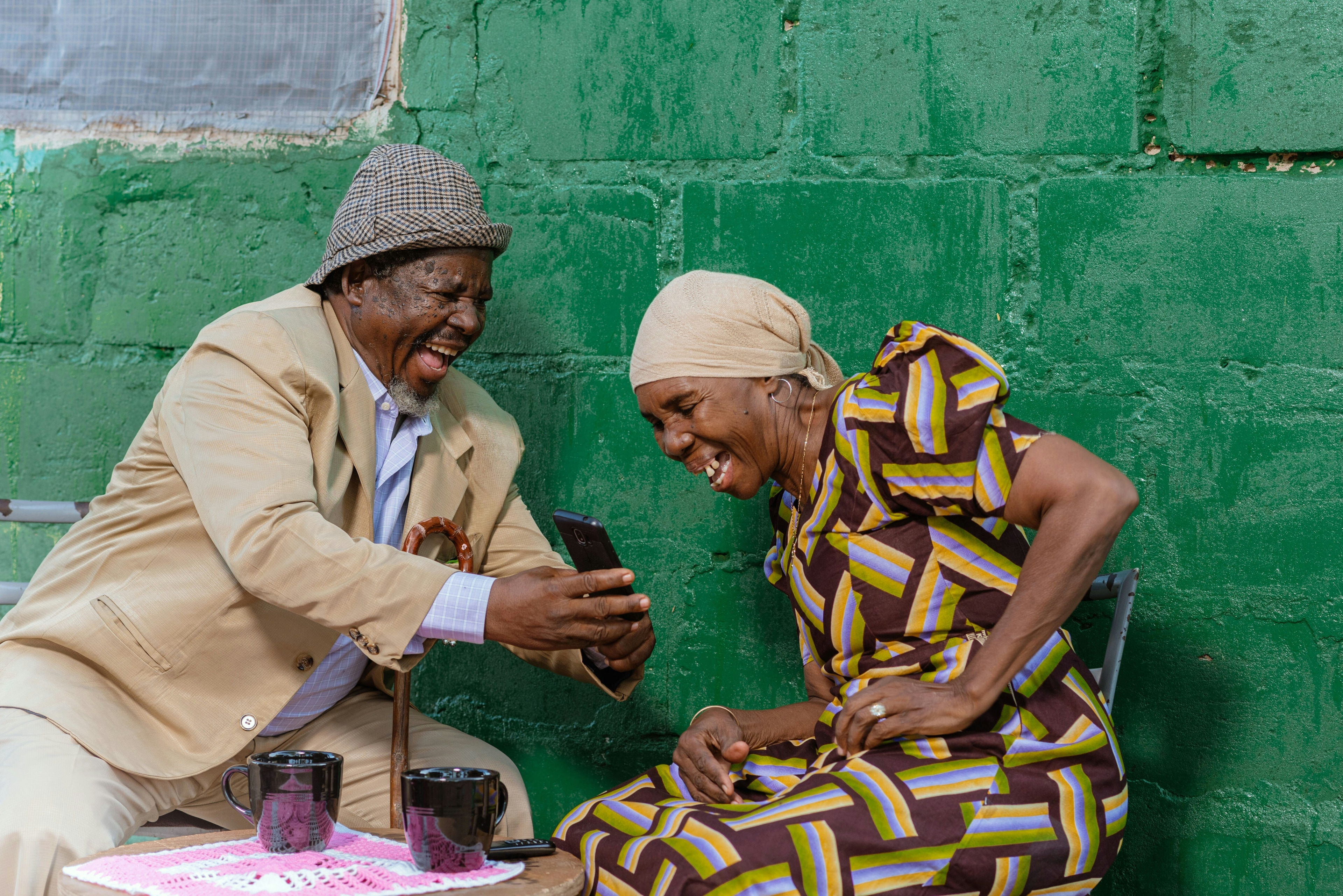Screaming to be heard: Swiss women strike against gender inequality

Demonstrators marched through Switzerland to demand more equality and the end of violence against women. Image: REUTERS/Arnd WIegmann
- In Switzerland, women earn roughly a fifth less than men.
- Demonstrators marched through the country on an annual Women's Strike to demand equality and the end of violence against women.
- In Geneva and other Swiss cities, women screamed for a minute at 3:24 p.m. — the time of day when women technically start working for free given the wage gap.
Last year half a million people marched to highlight the nation’s poor record on women’s rights. This year’s version of what organisers call the Women’s Strike was more subdued given coronavirus restrictions.
“For me it is emotional. Because I scream for me, but I also scream for my sisters and brothers, I scream for all the other children who lost a mother or a father, and I also scream for my mother, who would have screamed if she was still here,” said Roxanne Errico, a 19-year-old student who said her mother was killed by her violent boyfriend.
Another Geneva resident, Rose-Angela Gramoni, said she had joined all the women’s strikes since 1991.
“Now I can die in peace, the next generation is here to take over. But for a while, I was very sad. I thought we fought for many things, but we did not finish the job and nobody was here to finish it,” said Gramoni, who is in her 70s.
Switzerland has a high quality of life but lags other developed economies in women’s pay and workplace equality. Women earn roughly a fifth less than men, better than 30 years ago when it was about a third less, but worse than in 2000, according to government data.
Thousands of marchers in Geneva and other Swiss cities screamed for a minute at 3:24 p.m. — the time of day when women technically start working for free given the wage gap.
They also staged a flash mob and held a minute’s silence for women killed by husbands or boyfriends.
Demonstrators decried violence against women and the LGBT community, and called for recognition of often unpaid work caring for family and relatives.
“I would love to walk at night wearing a skirt, shorts or leggings without being insulted, without being scared to be raped,” said Geneva resident Vani Niuti, 20.
Don't miss any update on this topic
Create a free account and access your personalized content collection with our latest publications and analyses.
License and Republishing
World Economic Forum articles may be republished in accordance with the Creative Commons Attribution-NonCommercial-NoDerivatives 4.0 International Public License, and in accordance with our Terms of Use.
The views expressed in this article are those of the author alone and not the World Economic Forum.
Stay up to date:
SDG 05: Gender Equality
Forum Stories newsletter
Bringing you weekly curated insights and analysis on the global issues that matter.






